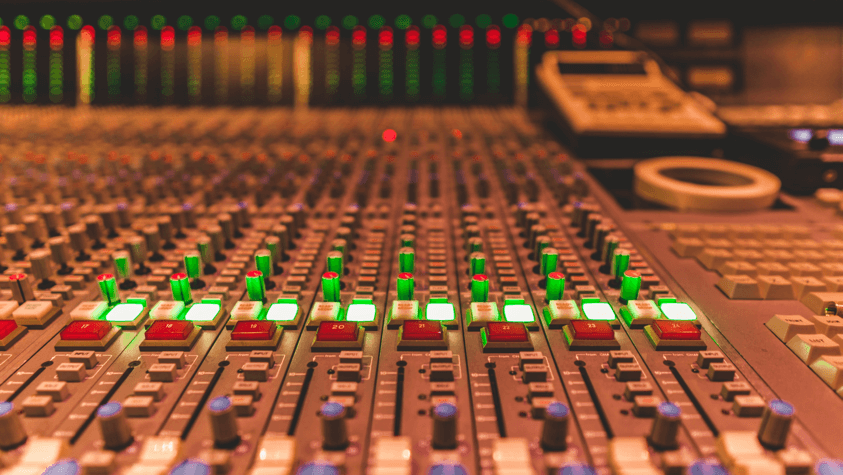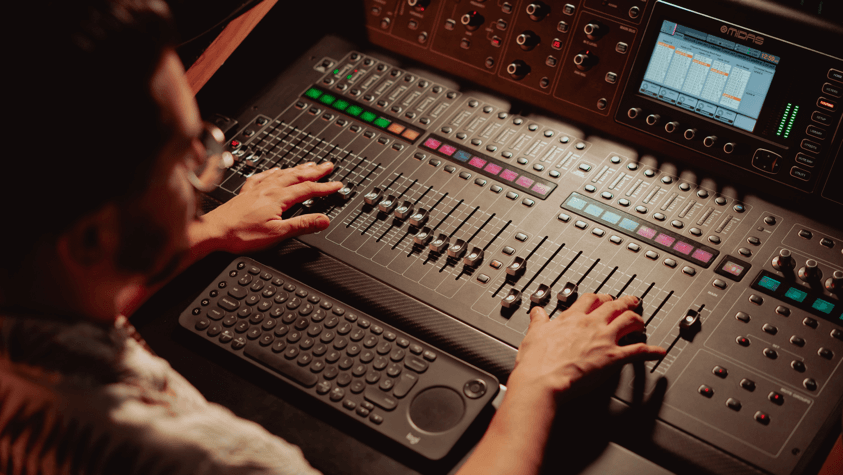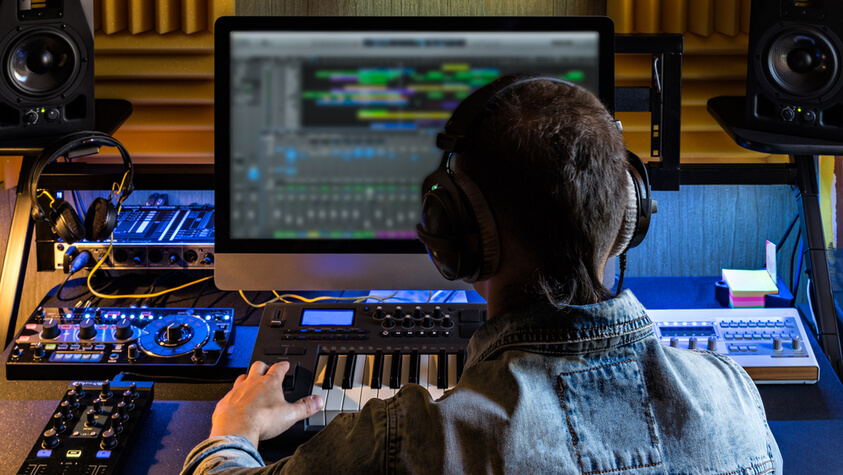Career Paths
Careers in Music
The music industry is constantly expanding in terms of what it offers and the careers that can be pursued within the industry. There are an eclectic array of options for those who want to work in music, including creating music with a multitude of techniques, working as a sound engineer, managing artists or promotions, and even being involved in playing or recording music.













